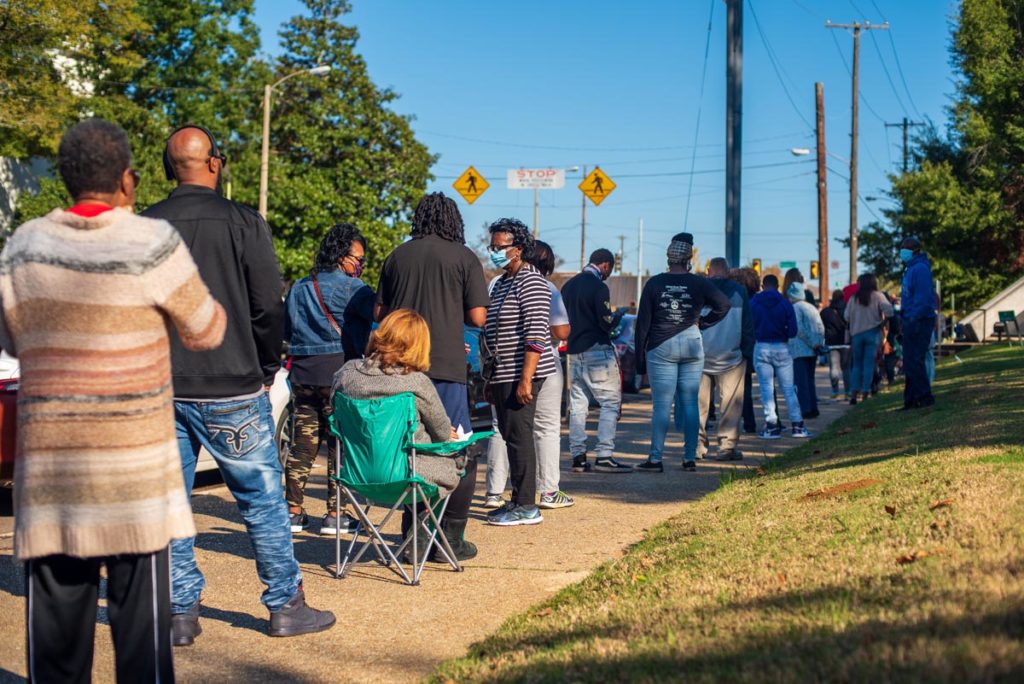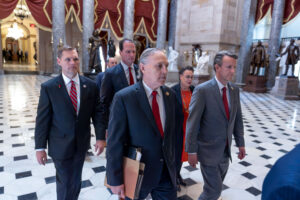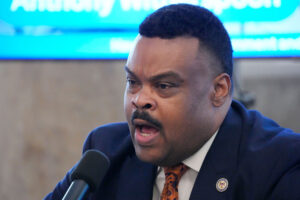Ahead of Tuesday’s elections, voters in Texas, Ohio and Florida have had to wait in lines for multiple hours to cast their ballots. These long queues, due both to social distancing and increased voter turnout, have left hundreds of voters waiting in lines up to a quarter-mile long.
The scourge of long polling wait times also hit Mississippi, as those wishing to cast their ballots absentee in-person on Oct. 30 in Hinds County were met with long lines that stretched around the county’s courthouse. While Mississippi has set records with its absentee-voting numbers in 2020, the majority of Mississippians will take to the polls on Election Day.
With long voting lines in the state and across the country expected on Nov. 3, voters could be subjected to more electioneering outside the polls than in years past. Electioneering is defined as “the activity of trying to persuade people to vote for a particular political party.”
Mississippi’s current election laws states: “It shall be unlawful for any candidate for an elective office, or any representative of such candidate, or for any proponent or opponent of any constitutional amendment, local issue or other measure printed on the ballot to post or distribute cards, posters or other campaign literature within one hundred fifty (150) feet of any entrance of the building wherein any election is being held.”
With social-distancing guidelines recommending 6 feet of distance in-between voters, a line of just 25 voters would already exceed the 150-foot electioneering radius outside the polling place.
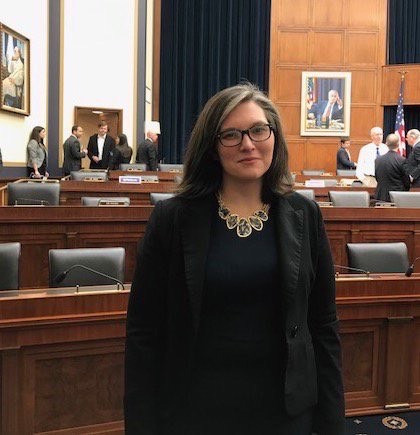
Small business owner and Columbus, Miss., resident Emily Liner noted in an interview with the Mississippi Free Press on Nov. 2 that electioneering, especially with the divisive politics surrounding tomorrow’s election, could make voters feel uncomfortable. Liner, who participated in the MFP’s Mississippi Trusted Elections pre-election virtual solution circle on Oct. 29, also notes that because voters might be waiting in line further away from their polling location than in years past, it could be difficult to alert an election official if an electioneer makes a voter feel uncomfortable.
In previous conversations with circuit clerks and election officials across the state, it is clear that poll workers will have added duties such as sanitizing polling machines, encouraging social-distancing amongst voters, managing the number of voters allowed in the precinct at a given time and handling increased amounts of curbside voting during this election cycle. These added duties may render them unable to adequately respond to instances of aggressive electioneering, especially if it is further away from the polling place.
“I wouldn’t want anyone to be in a situation where they feel like they can’t get out of line (to alert an election official) but they also feel uncomfortable at their place in line,” she said.
In addition to the presidential, U.S. Senate and congressional races, Mississippi also has at least two divisive statewide ballot measures that include the legalization of medical marijuana and the adoption of a new state flag design. Both of these ballot measures could have intense electioneering for or against them outside Mississippi polling locations.
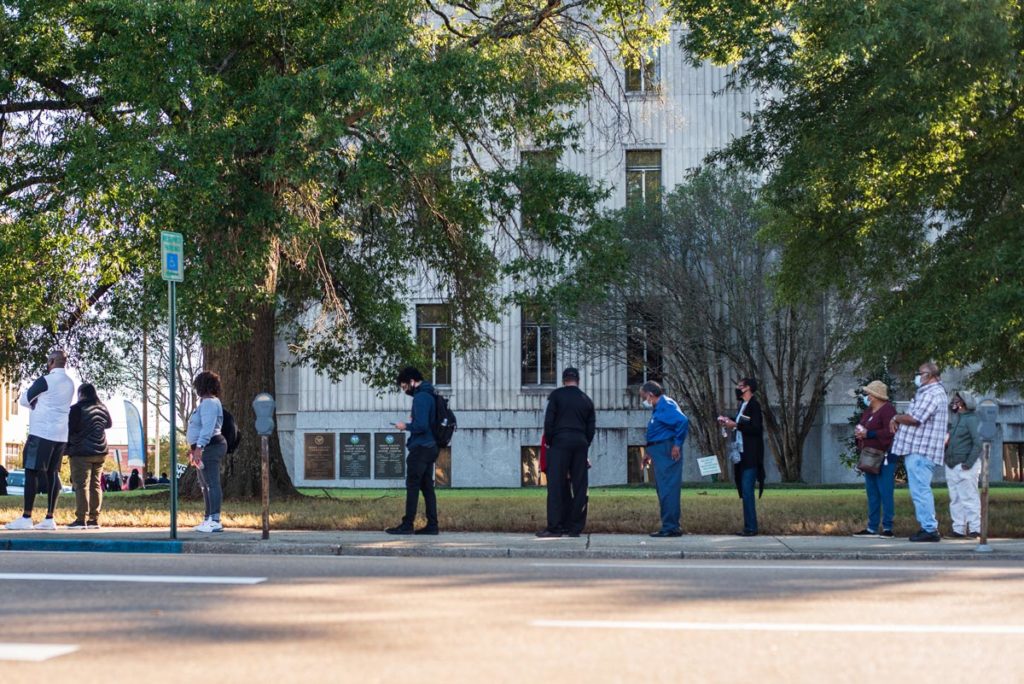
Liner notes that while social distancing has increased the distance between voters, the electioneering distance law has stayed the same. To her, “there will be a lot more people standing outside of that 150-foot radius than normal.”
Multiple county circuit-clerk offices have confirmed to the Mississippi Free Press that Mississippi has not changed its electioneering laws in response to COVID-19.
Mississippi has notably made few changes to its election laws and voting process in response to COVID-19. In July, the Legislature did pass bills that allowed for mail-in absentee ballots to be accepted up to five business days after the Nov. 3 election, as long as “the envelope is postmarked on or before the date of the election.” In addition, the State extended a valid absentee excuse to voters who are “under a physician-imposed quarantine due to COVID-19 during the year 2020 or [are] caring for a dependent who is under a physician-imposed quarantine due to COVID-19.”
However, Mississippi still falls behind many others in the country by not allowing early voting or excuse-free absentee voting for this upcoming election.
This story and the voting solution circles are part of the MFP’s Mississippi Trusted Elections Project, focusing on access to the polls and voting access in Mississippi. Visit the site to view several infographics and continually updated maps of voting precincts, absentee vote totals and precinct changes across Mississippi. The American Press Institute provided funding for this work. Please write voting@mississippifreepress.com to participate in post-election solution circles in search of solutions for voting problems in Mississippi or to send story tips about problems you encounter.


